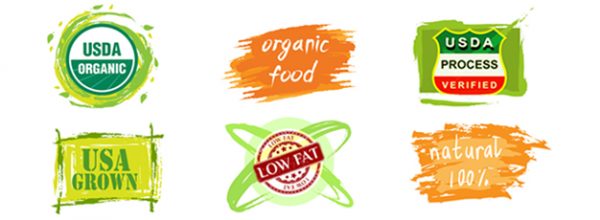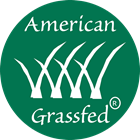by Fred Kuchler, Catherine Greene, Maria Bowman, Kandice K. Marshall, John Bovay, and Lori Lynch

Highlights:
- National standards for organic products and nutrition information have yielded credible, truthful labels about multiple product characteristics, but consumers are often confused about what the information means.
- Many producers and food companies have opted for less comprehensive, single-trait label claims, such as “raised without antibiotics,” in response to consumer demand.
- Single-trait claims also provide incentives for producers and firms to change their production processes and supply more choice in the marketplace.
“Consumer interest in credence attributes has continued to expand during the last few decades. Larger segments of consumers care, for example, about how crops are grown and whether livestock are humanely raised. This demand is driven by considerations of personal health, animal welfare, environmental impacts, and other factors. In response, companies have added a lot of information about health and production methods to their packaging. Consumers now face a profusion of claims, including “natural,” “low-sodium,” “cage-free,” “heart healthy,” and “non-GMO” (does not contain genetically modified organisms).”
